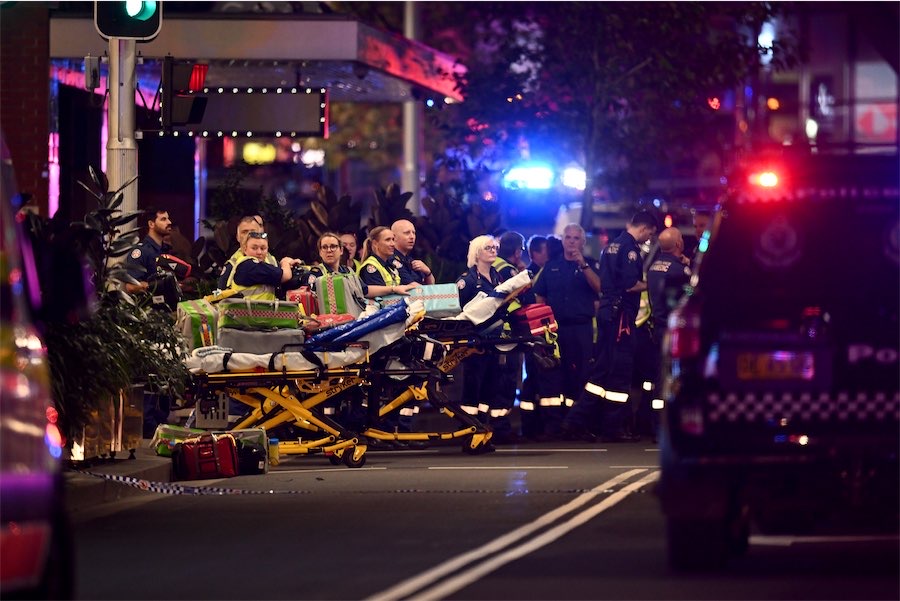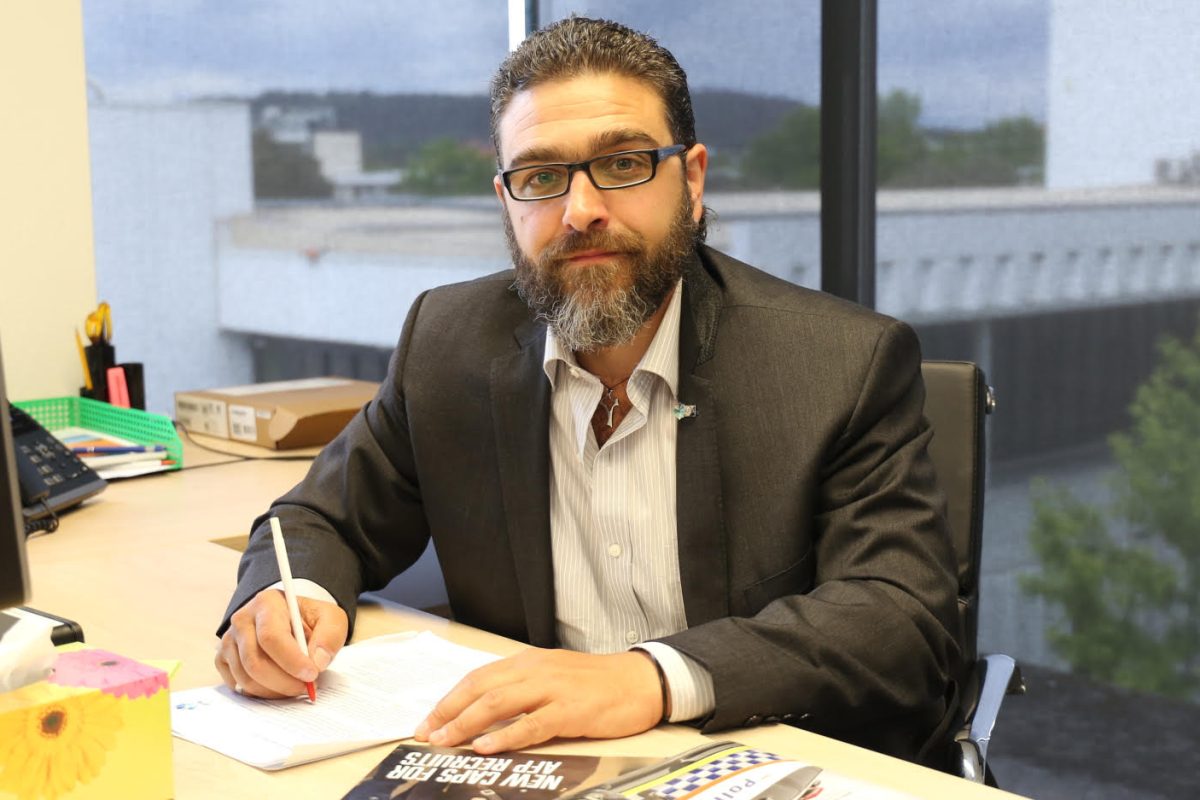By Michelle Grattan, University of Canberra
THE national security debate, involving potentially life and death issues but heavily overlaid with politics by an embattled government, is tricky ground for the Labor opposition.
Opposition leader Bill Shorten’s default position is bipartisanship. But he also has a constituency suspicious of ever more controls, which he can’t ignore.
In light of Tony Abbott’s weekend foreshadowing of more anti-terrorism measures – when the prime minister said that “bad people” (notably like the Lindt cafe siege gunman Man Haron Monis) should no longer get “the benefit of the doubt” – Shorten has trodden a careful path.
Shorten challenged Abbott to produce the evidence of where “people have been going soft on terrorists. Labor is not aware of that.” But he said Labor was “willing to work constructively” with the government “in the best interests of our nation’s security”. This was “not a party-political issue”, he said. “We’re all in this together.”
We’ve yet to get the detail of what’s in Abbott’s national security package, expected to contain changes in immigration, welfare and the legal system, including revoking the Australian citizenship of dual nationals involved in terrorist activities.
Meanwhile, the already much-debated government plan to force communications companies to retain metadata for two years is especially difficult for Shorten, given the considerable community feeling against it. An Essential Media poll last year found 51% opposed the plan and only 39% were in favour; even some Coalition MPs expressed concerns at the time.
The legislation, which is strongly backed by ASIO and the Australian Federal Police, is before the parliamentary committee that managed to reach consensus on the earlier tranches of anti-terrorism measures. On those, the committee put up unanimous recommendations for changes, which were accepted in total by the government. The Coalition is hoping similar agreement can be achieved on the albeit more difficult area of metadata retention. The committee’s report is due on February 27.
Abbott and Shorten have been sparring over the legislation in correspondence, strategically leaked to make their points.
Abbott applied pressure on Shorten for speedy passage with a letter in January, which came after the terrorist attack in Paris. Shorten wrote to Abbott on February 9, with details of his letter emerging on Monday.
Shorten criticised “recent media briefing” seeking to “politicise the development and consideration of anti-terrorism legislation”. The letter wanted to know the cost to taxpayers or consumers of the planned new regime, raised concerns from media organisations and sought details on what set of data would be covered. It urged the government to provide more information ASAP.
The government does not appear too worried by the Shorten points, believing that the committee’s work is proceeding satisfactorily.
Asked on Monday about the concerns he had, Shorten also seemed to think it would all come out satisfactorily in the end.
“Given the track record and the commitment of the people on this parliamentary committee … we should be able to work these issues through,” Shorten said. “So far the government’s shown a track record of listening to Labor and listening to the community at large.”
Politically, the government is in a cleft stick in dealing with Labor on national security. It wants and needs its support to pass measures through parliament. Having to negotiate with Senate crossbenchers would be fraught. On the other hand, the government believes that it could exploit any resistance from the opposition to its advantage.
Shorten is unlikely to let the latter proposition be tested. Unless something unexpected happens, he is likely to stay glued to the government on national security.
Listen to the latest Politics with Michelle Grattan podcast with guest, Nobel laureate and council member of the Australian Academy of Science Brian Schmidt, here.
![]()
This article was originally published on The Conversation.
Read the original article.
Who can be trusted?
In a world of spin and confusion, there’s never been a more important time to support independent journalism in Canberra.
If you trust our work online and want to enforce the power of independent voices, I invite you to make a small contribution.
Every dollar of support is invested back into our journalism to help keep citynews.com.au strong and free.
Thank you,
Ian Meikle, editor





Leave a Reply